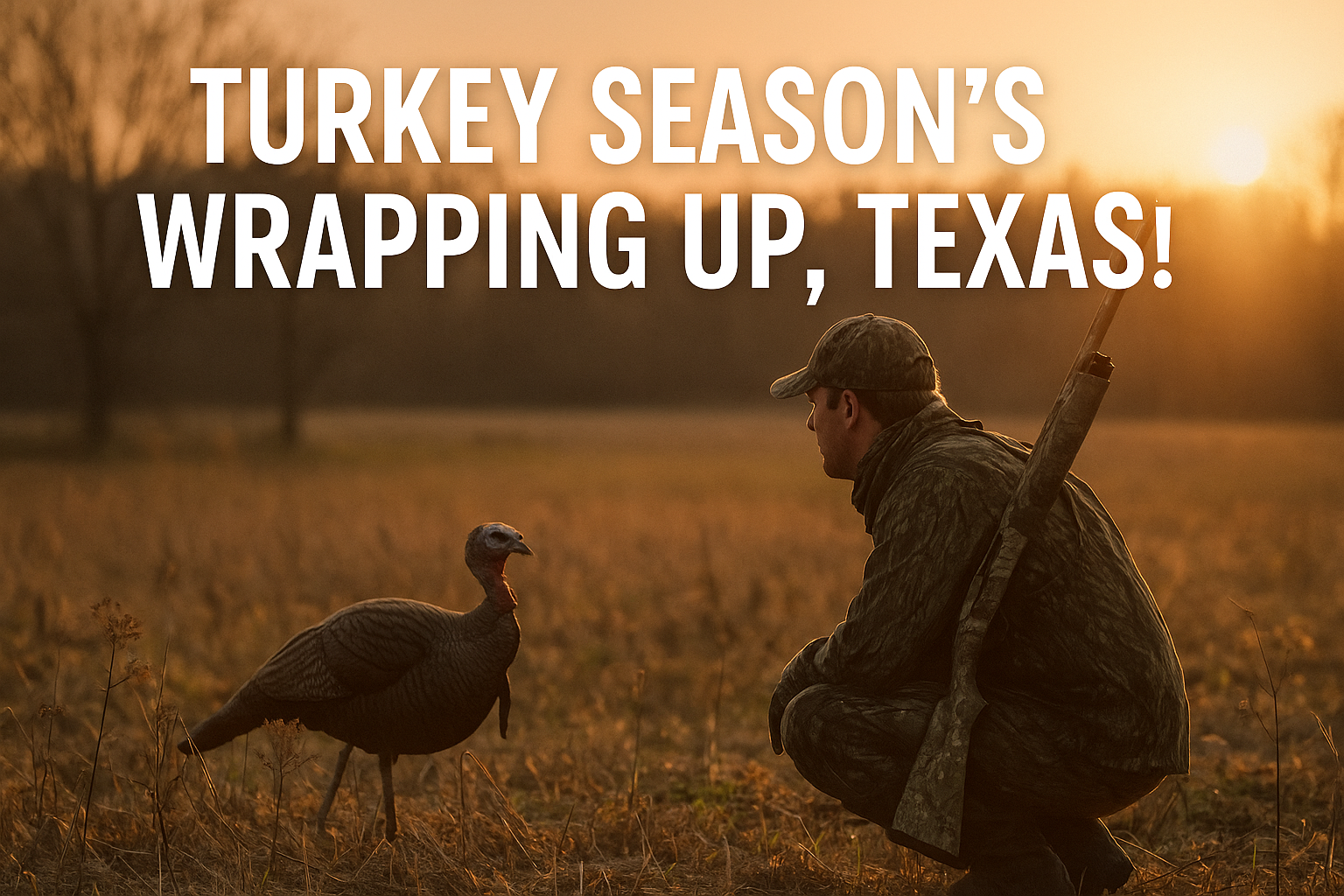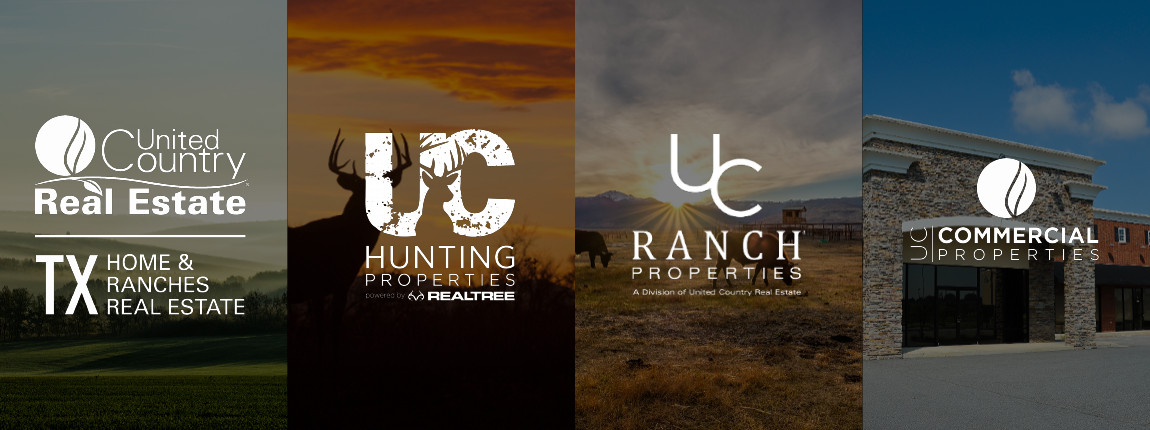Published May 29, 2025
5 Things to Know Before Selling Land in Texas

Selling land in Texas isn’t like selling a house. From access and utilities to surveys and tax implications, there’s a unique set of considerations that can make or break your deal. Whether you’re offloading a few acres or marketing a large ranch or hunting property, here are five essential things you need to know before selling land in Texas.
1. Access is Everything
Buyers and lenders care deeply about legal access. Just because you can drive to your land doesn’t mean it has recorded, legal access. If your property is landlocked or access is based on verbal or handshake agreements, that can stall—or kill—a deal.
Tip: Verify recorded easements and consider getting them formally documented if needed.
2. Have a Survey? Great. If Not, Be Ready
A recent survey is a major selling point, especially with rural or irregular-shaped land. If your survey is outdated or missing, buyers may hesitate—or ask for seller-paid updates.
Why it matters: Surveys help define exact boundaries, fences, easements, and access roads. And yes—title companies and lenders may require a new one.
3. Know Your Utilities (or Lack Thereof)
In land sales, “no utilities” is still a selling point—as long as it’s clear. Be upfront about:
-
Water sources (well, co-op, none)
-
Electric availability
-
Septic (or raw land)
-
Internet access (if any)
Pro Tip: The more transparent you are, the more qualified your buyers will be.
4. Taxes & Exemptions Matter
Texas land often carries Ag, Timber, or Wildlife Exemptions. These can significantly reduce property taxes, which is a big draw for buyers. But they come with rules.
Heads-up: If your buyer doesn’t maintain the exemption use, they could face a rollback tax—and you could be asked to cover it depending on your contract terms.
5. Disclosures Still Apply
Yes—even with raw land, you have disclosure responsibilities. Common forms include:
-
Seller’s Disclosure (modified for land)
-
T-47 (if providing a survey)
-
Septic Disclosure (if applicable)
-
MUD or PID Notices (if located in a district)
Bottom line: Being proactive with disclosures builds trust and keeps the deal clean.
Selling land isn’t just about putting a sign in the dirt—it’s about positioning your property for the right buyer with the right tools and transparency. Whether it’s a hunting tract, ranch, homesite, or investment parcel, knowing what to expect can help you sell smarter and faster.
Have land to sell in Brown, Comanche, Eastland or surrounding counties? I’d be happy to help guide you through the process—from pricing to marketing to closing.





